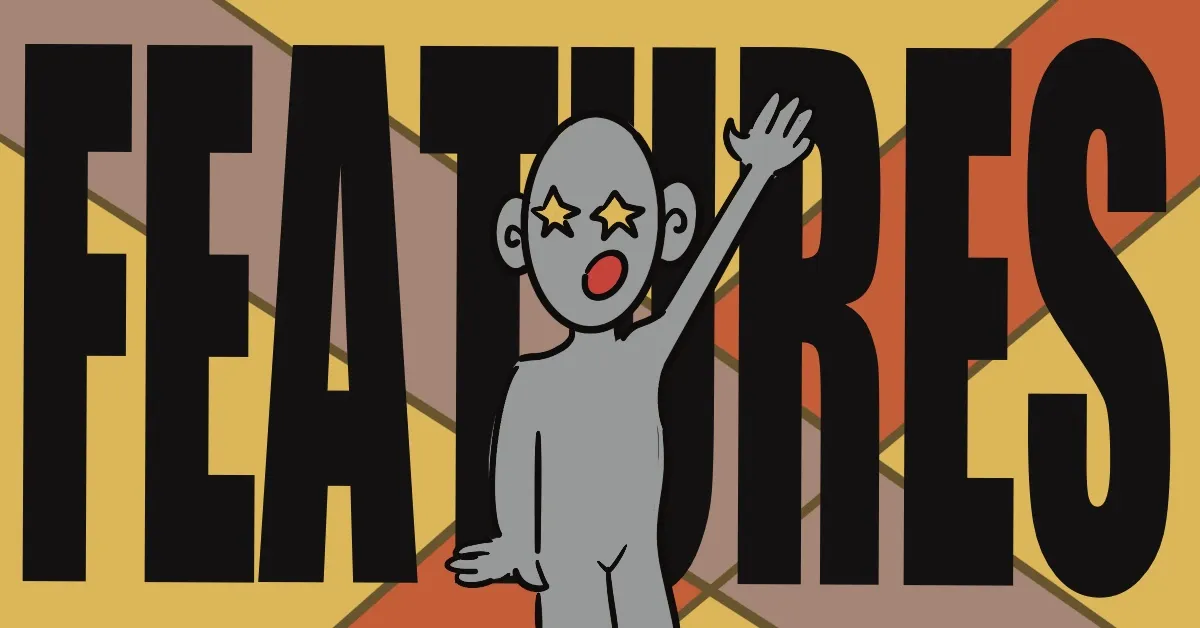A Palestine story
Looking at things from a different perspective.
One day, you get a knock at your door. You open it to find armed men, clad in uniforms, telling you that you must pack up and leave your house at once. If you don’t, they’ll have to force you out.
“But this is my house!” You declare. “You can’t make me leave!”
But your cry falls on deaf ears. The men step inside, seize you and your family, and drag you away from your house, land, and all you’ve ever known.
You later discover that these men didn’t just visit you but also 750,000 of your country folk, friends, and relatives. They forced them out of their homes, too.
“But why?” you wonder, watching the armed men destroy your family’s century-old farmland. “What did we do to deserve this?”
This scenario is one that thousands of Indigenous people experienced in Palestine—which is considered Israel today—in 1948. This event is known as “The Nakba,” which is Arabic for “the catastrophe.” Palestinians at the time called this event a catastrophe because of what took place: Palestinian villages were raided by militia, 15,000 Palestinians were killed, and hundreds of thousands of Palestinians were displaced from their land. This happened at the hands of Zionist militia, who settled in Palestine in 1947 and 1948.
Zionists are people who believe in the political ideology of Zionism—the belief that Jewish people deserve their own theocratic ethnic nation, where they can live freely without being persecuted.
But the Palestinians fought back against the occupation. Soon, the UN noticed the rising tensions between the Palestinians and the Zionist settlers, and proposed that, from then on, Palestine would be partitioned into an Arab state and a Jewish state. But the Palestinians refused to accept the plan. They believed it was unfair—their land wasn’t anyone else’s to tamper with. Palestinians continued the fight against their occupiers. But to no avail. In 1948, Palestine was officially renamed Israel.
“The year 1948 was the year of rupture in Palestinian modern history,” says Areej Sabbagh-Khoury, senior lecturer in sociology and anthropology at the Hebrew University of Jerusalem. “The Palestinian national-being was shattered.”
“During a period of military rule that lasted until 1968, the word ‘Palestine’ itself became a taboo and Palestinian identity a security threat,” says Sabbagh-Khoury, commenting on the social aftermath of the Nakba. “The name ‘Palestine’ was erased not only from geographical and geostrategic maps, but also from public discourse.”
After the events of 1948, some surviving Palestinians fled to what is now modern-day Gaza. Others fled to surrounding countries like Jordan. But some stayed, refusing to give up their land. For those who remained, they witnessed the Judaization of Palestine. According to Sabbagh-Khoury, the term Judaization refers to the “erasure of Palestinian traces [and] their replacement with Hebraicized forms.” To “Hebraicize” something means to transform it to fit the Hebrew language, character, or customs. For example, towns with Arabic names were changed to have more Hebrew-sounding names.
Another example of this Judaization was how the newly established Israeli government dealt with Palestinian property. “The state dealt with Palestinian property as if it were the spoils of war, redistributing it to Jewish citizens and recent immigrants,” Sabbagh-Khoury comments. “Palestinian citizens found themselves under a foreign sovereignty that cast them as enemies.”
Today, 75 years after Israel was officially declared a state, Palestinians continue to struggle under Israeli occupation. Approximately 2.2 million Palestinians currently live in Gaza, a tiny sliver of land occupying 363 square kilometres, that borders Egypt. Gaza has one of the highest population densities in the world. Civilians living there face heavy land, sea, and air blockades put in place by the Israeli government. The Israeli government built these blockades in place after Hamas gained control over Gaza in 2007.
According to the UN Secretary-General, Israel’s 16-year-long blockade on Gaza goes against international humanitarian law. These blockades “target and impose hardship on the civilian population, effectively penalizing them for acts they have not committed.”
Israel’s blockade on Gaza has led to its weakened economic system. As noted by the United Nations Relief and Works Agency, “The economy and its capacity to create jobs have been devastated, resulting in the impoverishment and de-development of a highly skilled and well-educated society.”
However, not all Palestinians live in Gaza. Some 3 million live in the West Bank, a section of land under Israeli control. Life in the West Bank is no easier for Palestinians. For years, many of them have been illegally imprisoned in Israeli jails in the West Bank, have been shot in the streets, and have continuously had their houses and properties stolen from them. They face restrictions getting from one place to another, and are heavily surveilled by Israeli facial recognition systems.
In 2013, Mufeed Sharabati, a 57-year-old Palestinian living in the city of Hebron in the West Bank, was interviewed. He gives a glimpse into the day-to-day struggles Palestinians face in the West Bank:
“Every time we enter or exit [our] street we have to pass through a checkpoint, and have our belongings checked,” Sharabati explains. But even inside his own house, he and his family don’t feel safe. “Israeli forces [can] invade our house anytime they want,” he says. “Nothing is normal here, but at the end of the day this is my home. I will not leave here except when I die,” Sharabati concludes.
“Under Israeli occupation, generations of Palestinians have endured widespread and systematic arbitrary deprivation of liberty, often for the simplest acts of life and the exercise of fundamental human rights,” says Francesca Albanese, UN Special Rapporteur and Affiliate Scholar at the Institute for the Study of International Migration at Georgetown University.
“For Israel’s carceral regime to end, and its inherent apartheid with it, its illegal occupation of Palestine must end,” she concludes.
Staff Writer (Volume 50) — Maryam is a third-year student completing a double major in English and Professional Writing & Communication. She started her journey with The Medium in 2022, where she’s written articles for News, Opinion, Features, and Sports. In her spare time, Maryam enjoys painting, cooking, and finding creative ways to educate people about world issues that matter to her.


